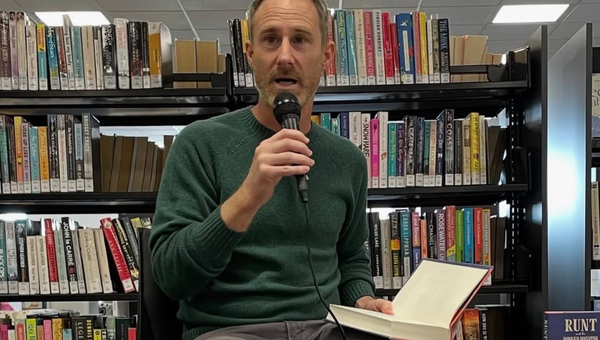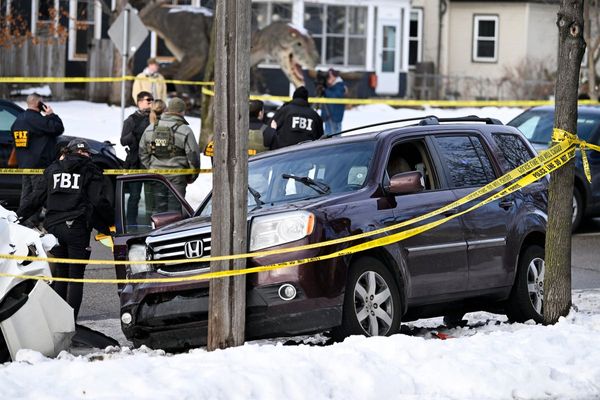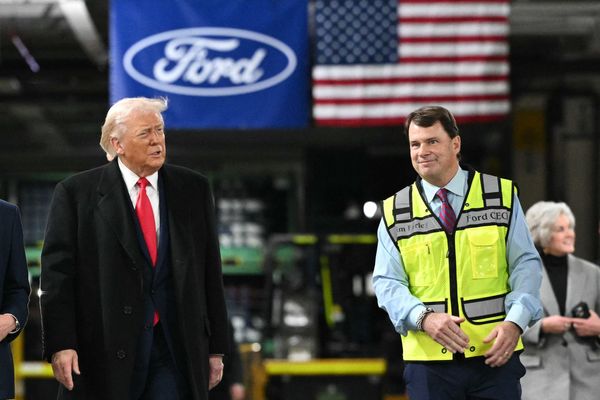Eminent economist M.A. Oommen has emphasised on the need to bridge inter-State disparities and the inequality that exists in the delivery of services like primary health care, primary education and essential commodities for the Indian federal structure to become truly cooperative, inclusive and democratic.
The former chairman of the State Finance Commission also bemoaned the fiscal imbalance that has significantly widened during the last ten years.
He was speaking while delivering the keynote address at a national seminar jointly organised by Kerala Economic Association, Gulati Institute of Finance and Taxation and Inter University Centre for Alternative Economics, Kerala University, on ‘Cooperative federalism: Challenges ahead’ here on Saturday.
According to Prof. Oommen, the country has been witnessing a dialectical tension between forces working on a market-preserving fiscal federalism strategy with hard budget constraints and those who clamoured for social democratic ideals seeking to deliver the needs of the people.
Asserting such competition has pushed the parliamentary process to a deep retreat, he pointed out the 16th Lok Sabha (2014-19) had spent hardly 62 hours for both Demand for Grants and the budget together, while the one in effect apportioned much lesser time. Contrastingly, the second Lok Sabha under Jawaharlal Nehru had spent 711 hours on the discussions on Demand for Grants alone.
Suggesting that there has been a “deliberate” concentration of political power towards the Centre over the years, Prof. Oommen said the union expenditure has considerably fallen below the total expenditures of States. While this was in contrast with the scenario that existed prior to 1999-2000, a sharp downturn has been seen in union expenditure since 2011-12.
Pointing out that the Union and State Finance Commissions should ideally complement each other in restoring fiscal balance, he advocated a comprehensive review of the federal system to address the existing lacunae.
Charging the Centre with insulating huge sums of money from the divisible pool, the economist said the cess collection as a share of the union gross tax revenue ballooned from 5.8% in 2012-13 to 32.8% in 2020-21. Despite the 13-times increase in cess collection, the States’ share of the divisible pool increased by only 2.4 times during the period.







